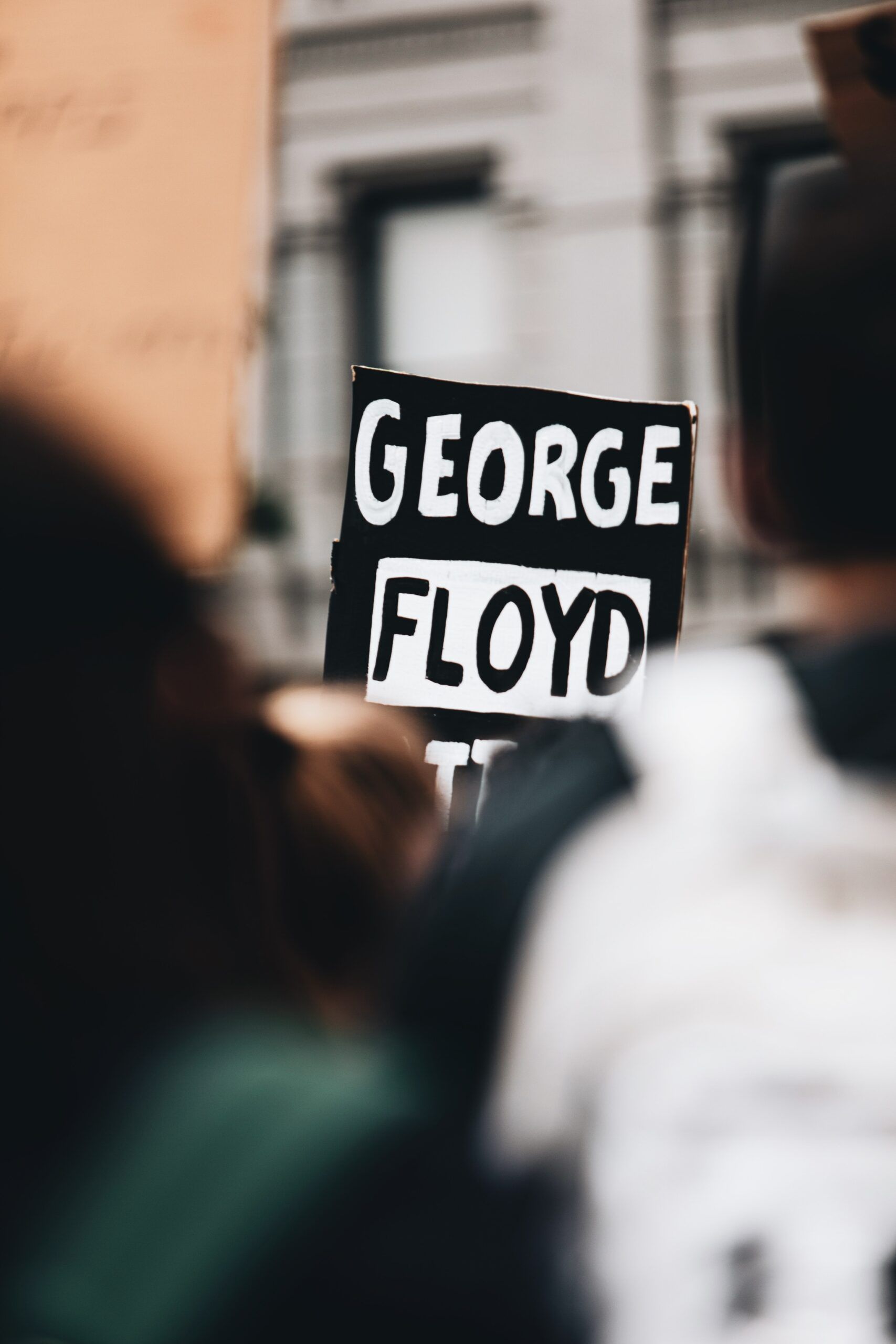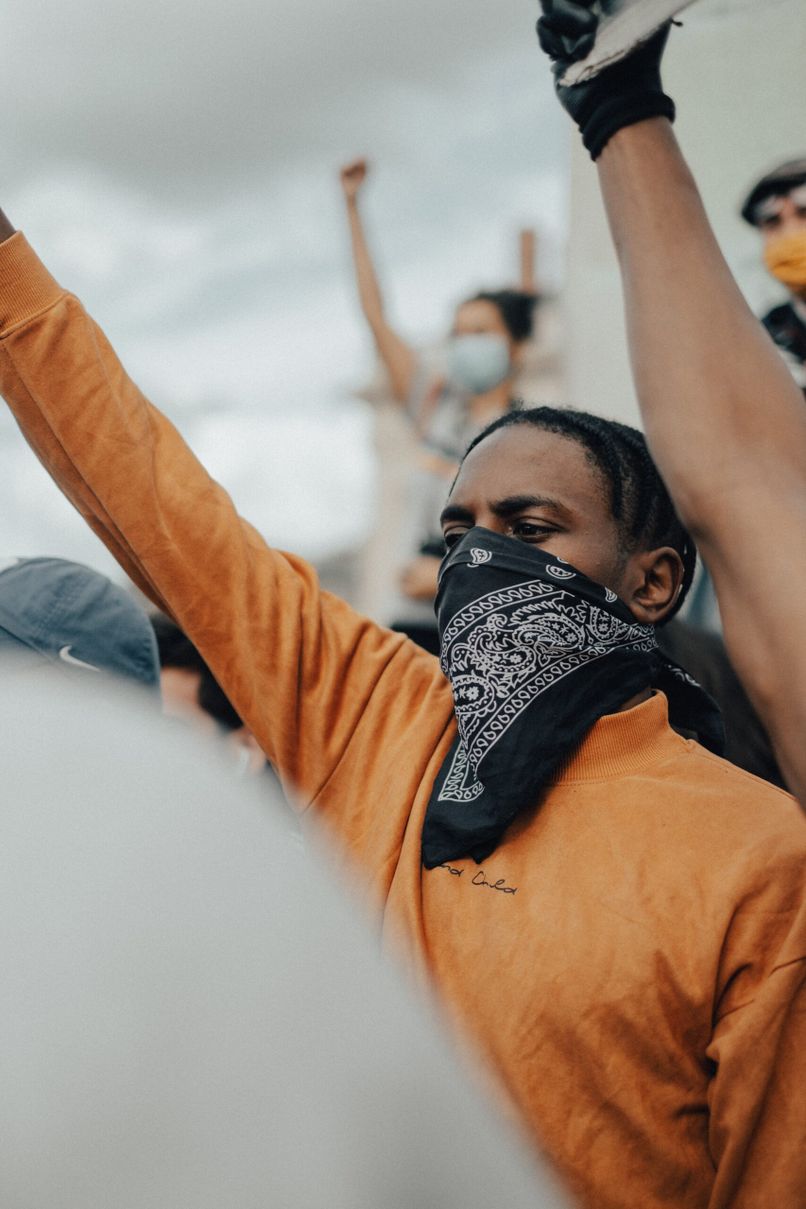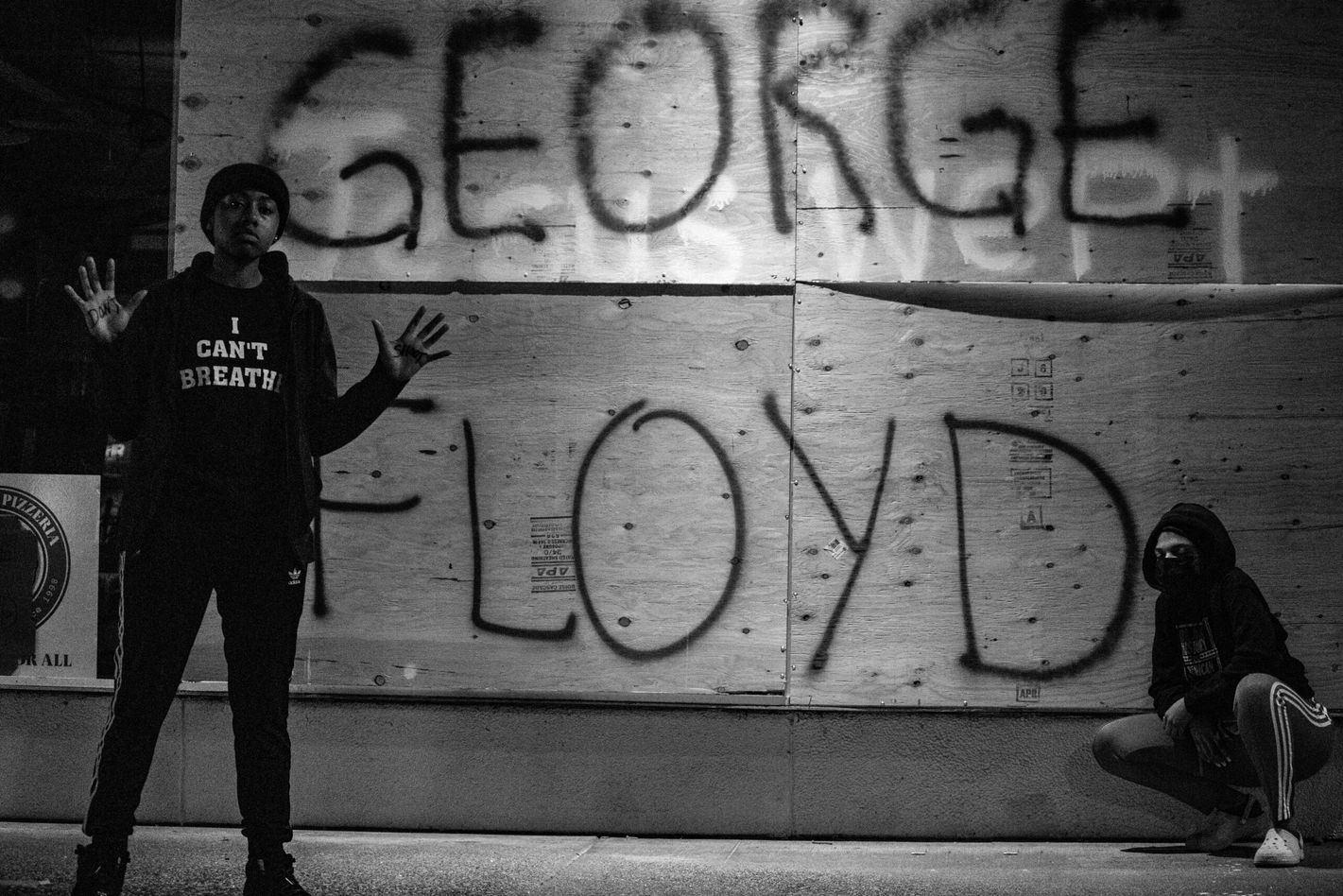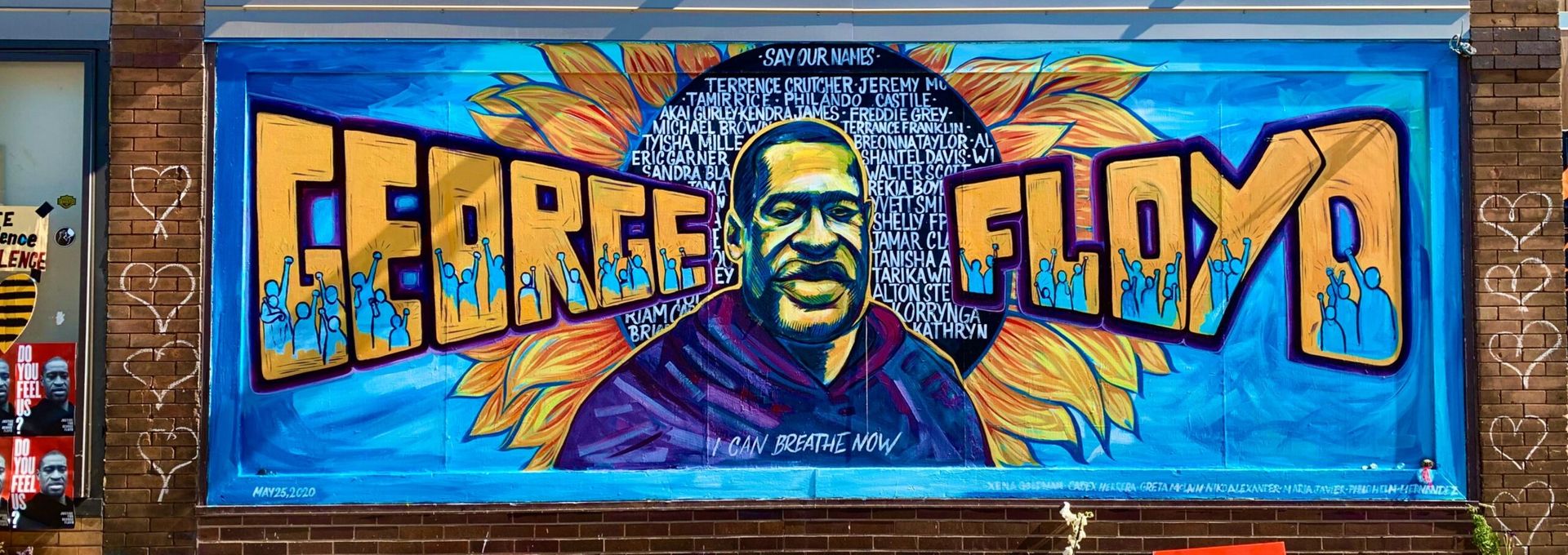Not since 1968, when anti-Vietnam war protestor Paul Cohen was arrested for bearing the motif “fuck the draft” in a California courthouse, has an f-word felt so conspicuous in a US legal institution.




Not since 1968, when anti-Vietnam war protestor Paul Cohen was arrested for bearing the motif “fuck the draft” in a California courthouse, has an f-word felt so conspicuous in a US legal institution.
In the trial of the State of Minnesota v Derek Chauvin, the defence has attimes felt like a stuck record, with its incessant referencing of the opiatedrug ‘fentanyl’.
A toxicology report released last June said that the victim, George Floyd, had fentanyl in his system and Chauvin’s defence counsel have clung to this information, zealously positing it as a likely cause of death. For the uninitiated, fentanyl is said to be 100 times stronger than morphine and 50 times stronger than heroin (some analogues of the drug, such as carfentanyl, can be much stronger still).
Last year I released the documentary Ten Dollar Death Trip: Inside the Fentanyl Crisis. In making the film we met with people who use the drug, addiction doctors, experts and dealers. We bought street fentanyl, tested it in labs and spent a year researching its effects.
Across North America 81,000 people died from drug overdose last year and in the Canadian province of British Columbia, where we shot the film, fentanyl’s impact has become so devastating that average life expectancy has officially reduced (an almost unprecedented trend for a first-world nation during peacetime).

And so, the defence have conjectured, could the potent drug explain the death of George Floyd?
The answer is unequivocal and objective: No.
Mr Floyd was killed from a lack of oxygen. Not as the result of fentanyl consumption. But because if you spend 9 minutes and 26 seconds blocking someone’s airway (like a fucking maniac) they will almost certainly die. Most of us have learnt this fundamental biology lesson by the age of five, but lest there was any doubt, multiple experts for the prosecution have confirmed it to be true.
But could it be that Mr Floyd died from a fentanyl overdose before Chauvin’s death rattle reached its natural conclusion? This feels like as lightly perverse line of extenuation. If, for example, you fired a bullet at someone and your quarry happens to die of coronary disease a moment before that bullet pierces their heart, are you off the hook?

We can leave that conundrum to the lawyers, but I wanted to check whether such a thing could happen so I reached out to one of the world’s most eminent specialists in drug overdose. Dr Marianne Jauncey runs Sydney’s Medically Supervised Injecting Centre and was the narrator for 2018 documentary I directed about drug dependency in outback Australia. Clinicians who work in such centres know more about the practical reality of overdose than any other in the field.
So how much credence would Dr Jauncey give to the idea that Mr Floyd died of a drug overdose? After all, both fentanyl and meth amphetamine were shown to be present in Mr Floyd’s body.

“None whatsoever,” she tells me. “In fact, it’s not possible”.
You see the problem is this. When people die from overdose it is because the respiratory system shuts down. In layman’s terms, you forget to breath.
As Jauncey puts it “during overdose the patients don’t realise they need to breathe. The opioids are telling their brain not to panic, not to worry.”
In this respect the last moments of Mr Floyd’s life are wholly inconsistent with that of an overdose. With his dying words Mr Floyd is painfully aware that he needs oxygen. 28 times he beseeched Chauvin with the anguished and now iconic plea: “I can’t breathe”.
I ask Dr Jauncey, “in the 10,000 overdoses your centre has reversed how many times has the patient articulated that they can’t br…”
“Never!” is the instant retort, delivered with no-nonsense Aussie emphasis, before the question is complete. “If the person has that cognitive awareness, then by definition they cannot be experiencing an opiate-induced overdose.”
So, given that this line of defence appears tenuous to the point of being absurd (every other expert in court has been as dismissive of it as Jauncey), why do Chauvin’s legal team keep reminding the court that Mr Floyd had fentanyl in his body?
A scarcity of other lines of defence is one obvious answer. They can’t claim Chauvin didn’t do it or that he acted in self-defence; the whole world has watched that gut-wrenching, sickening footage of Mr Floyd’s last moments. So causation is the only option for a desperate defence case.
But perhaps something else is at play here. Do the defence believe that if they keep banging on about fentanyl the jury will feel less sympathetic towards Mr Floyd’s plight?

The truth is that more than 60 years of political, media and societal stigma mean that middle America, like middle Britain, just doesn’t really like people who use drugs.
Well, at least certain types of drugs. Pinot gris, pale ale and single origin coffee are fine of course. In fact, any recreational drug that has ridden the wave of legalisation and billions of marketing dollars has us predisposed to benevolence.
But we are hardwired to dislike the types of drugs that are likely to be used by marginalised groups or people who are from different communities to ours. It is a social conditioning can be traced back to 1968.
A bunch of troublesome lefties and people of colour (such as our courtroom maverick Paul “fuck the draft” Cohen) kept scrutinising the US government’s decision to send half a million US troops to war in Vietnam. It was undermining Nixon’s presidency – and to have attacked the detractors directly would have looked prejudiced. But what if they could instead associate narcotic substances to those communities, vilify those substances and discredit them by association?
Some years later, Nixon’s Chief Domestic Policy Officer, John Ehrlichman, explained the strategy with surprising candour:
“The Nixon White House had two enemies: the anti-war left and black people. We knew we couldn’t make it illegal to be either against the war or black, but by getting the public to associate the hippies with marijuana and blacks with heroin and then criminalizing both heavily, we could disrupt those communities. We could arrest their leaders, raid their homes, break up their meetings, and vilify them on the news. Did we know we were lying about the drugs? Of course we did!”

63 years later, we have seen those same deflection tactics play out in a Minnesota court room.
If it did not cause his death, as experts have unanimously agreed it did not, then whether George Floyd had fentanyl in his body is irrelevant. The defence’s attempts to posthumously besmirch Mr Floyd’s character has been unedifying and it is worth keeping one thing front of mind: George Floyd is not on trial.
A brutally overzealous cop is on trial. He is on trial for second-degree murder, by asphyxiation, of an innocent man he had a duty to protect.

I wish the jury clarity of thought in their deliberations today, to be able to look past this fentanyl smokescreen with confidence and return the correct verdict in this trial. That verdict is guilty.